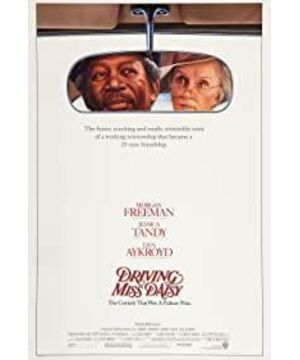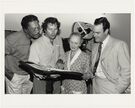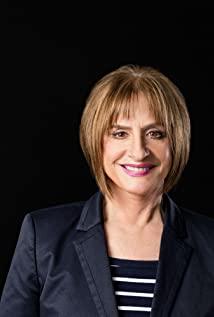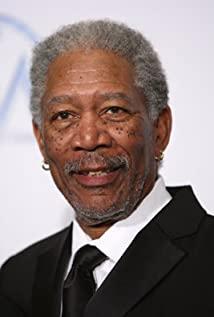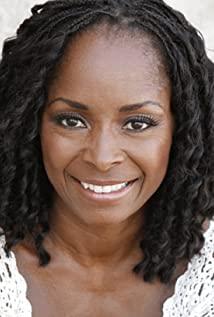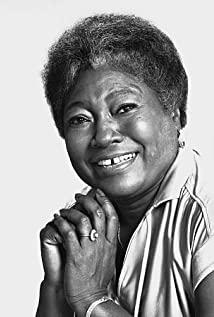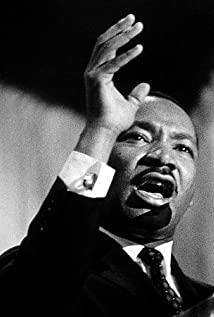The background of the film is the early racial discrimination period in the United States. The main line of the story is the Jewish grandma and her driver, the black old man, from rejection to the establishment of the most sincere friendship in life.
I think the success of this film lies in the shaping of the characters.
The old lady may seem stubborn and mean, but she is actually very cute. She suffered hardships when she was young, and now she is meticulous even in living a prosperous life. When you go out at a young age, you must have hats, coats, and gloves. Even if you are wrong, you will love face and refuse to admit and apologize. Even if you are grateful, you will not say "thank you". Seems a bit overwhelming doesn't it? But this old lady, when she saw that Hawke was illiterate, she taught him patiently little by little, and sent out a collection of literacy books; she could say very well to Adela, a black maid who had been with her all her life; she always supported Martin • Luther King; when she fell ill, she was still thinking about the students she had taught...
and Hawke was a smart, cheerful, kind black man who first showed his sharpness in order to be successfully employed by Daisy's son , and showing off his work history, which shows his self-confidence, of course, is also to gain trust; in order to increase his salary, he weaves stories of being poached, so that he will not feel like begging others; facing Miss Daisy's initial rejection psychology , he used his tricks and kindness to impress Miss Daisy's mother and son; in addition, he also had his own self-esteem, when Daisy thought he would never want to listen to Martin Luther King's speech, he felt Daisy Still looked down on him, was hurt and yelled at Daisy for the first time. In fact, only such a person can be recognized as "best friend" by Miss Dai Qian.
The short 99-minute film powerfully shows the deepening of the friendship between the two protagonists over the past 25 years through some seemingly trivial things. For example, at the beginning, he was sarcastic and did not support everything Hawke did. Later, the always stubborn old lady learned to follow his correct advice, and Sonoko was more at ease to give Hawke management, etc.; for example, at the beginning Hawke could only Eat "leftovers", and later Miss Daisy cooks one more meal and gives Hawke a plate (but it is still not on the same table), and then Hawke feeds her...
In the whole film, if Saying that it reflects the weakening of racial discrimination in the United States, I think, calls for the care and love that people should have.
This film cleverly gets rid of the heavy feeling of similar themes, and makes people feel moved in a relaxed way. At the end of the film, Daisy, Hawke, and even Bully are all middle-aged and elderly, wearing reading glasses. Daisy is even admitted to a nursing home, with thin hair and slow walking, but at the end of the two old people Looking at each other and laughing, the scene of him driving for her again appeared on the camera. For the first time, we felt that it can be such a beautiful situation after so many years and then getting old. Reminds me of the lyric "The most romantic thing I can think of is growing old with you". This is not the kind of life-long companionship in love films, but it is also the most beautiful picture in the world. I think this is the most beautiful thing left behind after years of cleansing and precipitation.
View more about Driving Miss Daisy reviews


